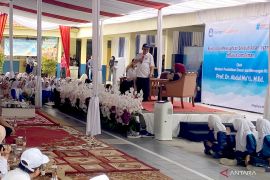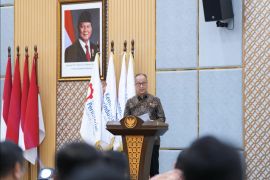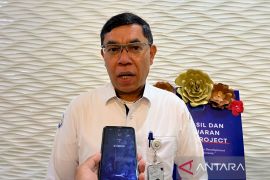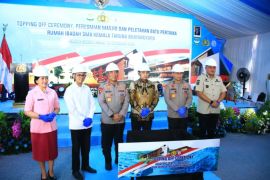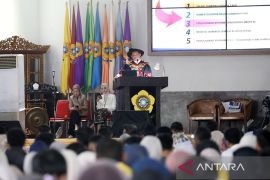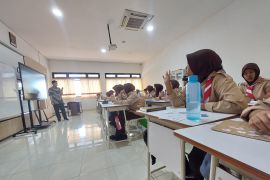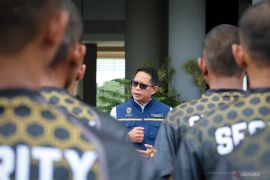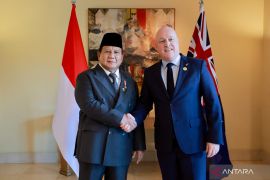"The current labor challenges are very complex due to various factors that must be considered optimally," she observed while opening the 9th National Instructor Skills Competition (KKIN) here on Tuesday.
According to her, the condition of the global political economy will remain volatile as the International Monetary Fund (IMF) has projected world economic growth of just 2.9 percent this year.
The economies of developed countries are expected to experience sluggish growth of just 1.4 percent on average, while emerging countries such as China, India, Russia, and Brazil are projected to grow by 4 percent.
Meanwhile, the economies of Indonesia and four other ASEAN countries are projected to grow by 4.5 percent.
Digitalization and the green economy are some other challenges that are affecting the world.
Fauziyah explained that digitalization has supported the growth of the green economy, which has made the job market more flexible with demand emerging for new skills.
"Another challenge is the demographic bonus. People aged 18–24 years dominate the population, and this brings a big challenge in terms of creating jobs to handle unemployment among young people," she said.
She also listed the challenges caused by a change in job types and skillsets.
"The question is: Are we ready to face the change? This country still has a challenge, which is that 53 percent of its workforce only graduated junior high school or below. They are working in the informal sector and low-skill jobs," she said.
According to the minister, these challenges must be answered with comprehensive and real strategies, such as improving skills and vocational education and training through cross-stakeholder collaboration.
Related news: Papuan universities keen to advance to improve human resources
Related news: Papuan regional heads asked to improve human resources
Related news: Empowering Papuan human resources crucial: minister
Translator: Yuvensius B, Kenzu
Editor: Azis Kurmala
Copyright © ANTARA 2024



